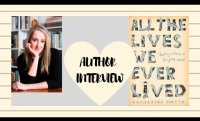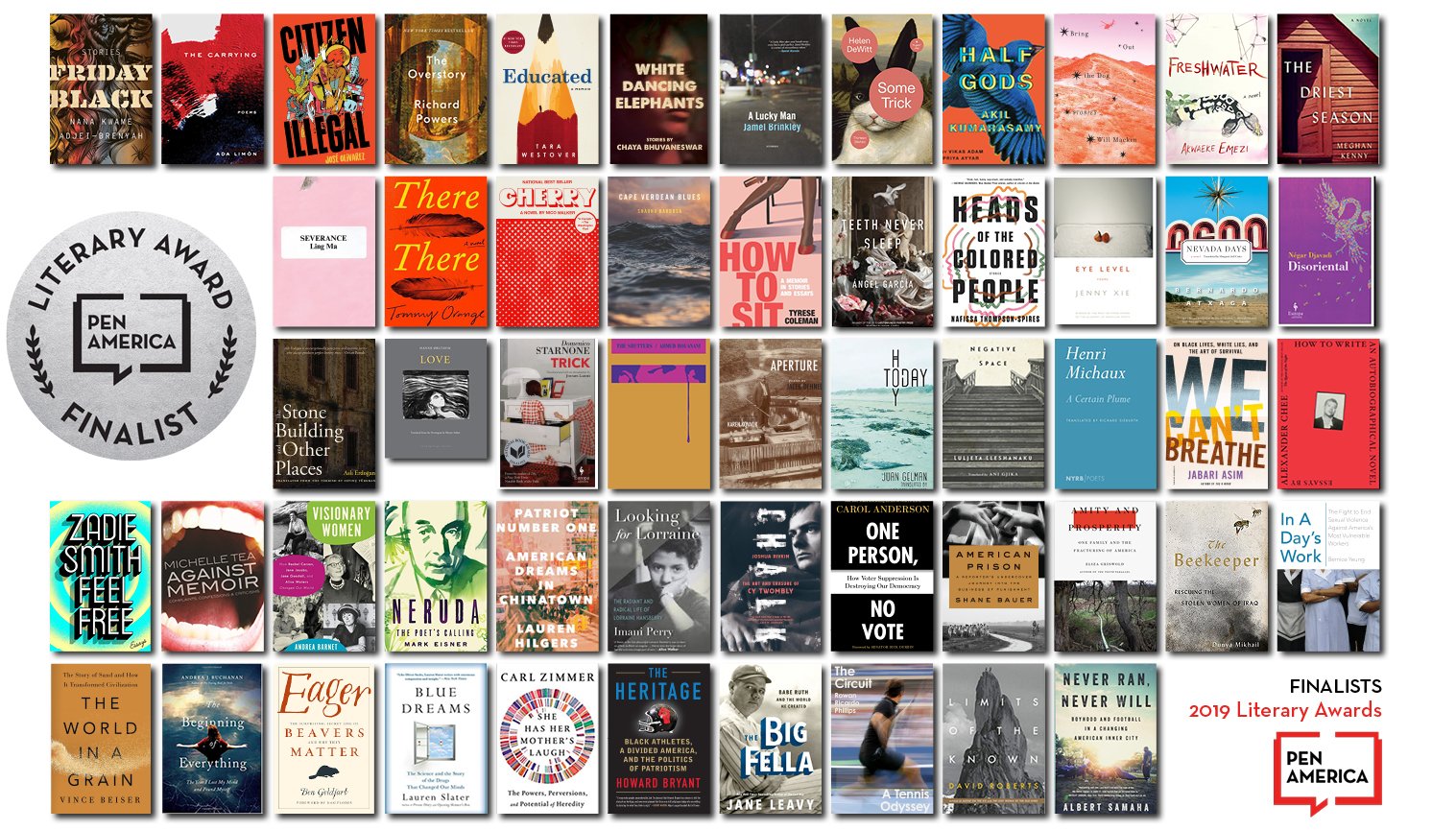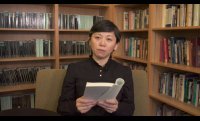Submissions Open for Lambda’s Markowitz and Córdova Prizes
Lambda Literary is currently accepting submissions for the Judith A. Markowitz Award for Emerging LGBTQ Writers and the Jeanne Córdova Prize for Lesbian/Queer Nonfiction. The annual awards are given to LGBTQ poets, fiction writers, and nonfiction writers.
The Judith A. Markowitz Award is open to emerging writers who identify as LGBTQ and have published one to two books of poetry, fiction, or nonfiction. Two winners will receive $1,000 each. Using the online application system, submit a writing sample of up to 10 pages of poetry or 20 pages of prose with a nomination statement (applicants may be self-nominated). There is no application fee.
The Jeanne Córdova Prize for Lesbian/Queer Nonfiction is open to trans/gender nonconforming writers and lesbian/queer-identified women. The winner will receive $2,500. Writers must have published at least one book and should display a commitment to “nonfiction work that captures the depth and complexity of lesbian/queer life, culture and/or history.” Using the online application system, submit a writing sample of up to 20 pages from a published book, a sample or outline from a work-in-progress of no more than 10 pages, and a nomination statement (applicants may be self-nominated). There is no application fee.
The deadline for both awards is February 15. Jeanne Thornton and Mecca Jamilah Sullivan won last year’s Markowitz Award; Melissa Febos received the Jeanne Córdova Prize.
Lambda Literary Foundation, which is based in Los Angeles, has been a resource for LGBTQ writers across the country since 1987. The organization is dedicated to “nurturing and advocating for LGBTQ writers” and runs several programs, fellowships, and events. The Judith A. Markowitz Award was established in 2013, while the Jeanne Córdova Prize was established last year.
Read more about Lambda Literary in Jonathan Vatner’s article “Lambda Literary Looks to the Future” in the September/October 2018 issue of Poets & Writers.










